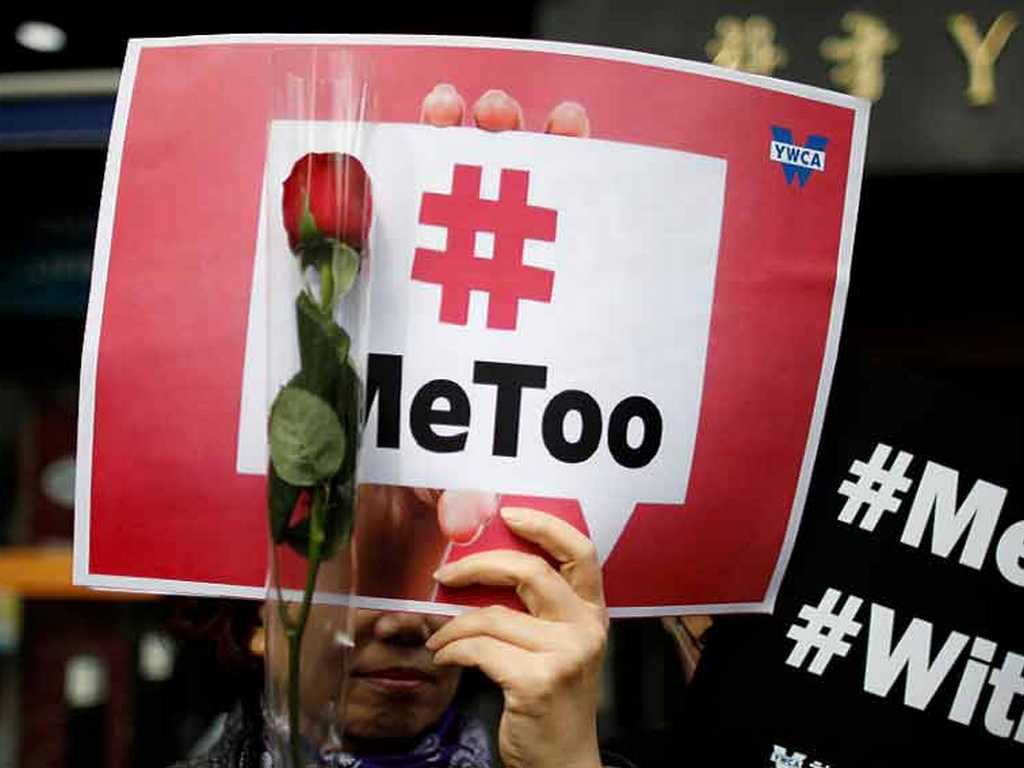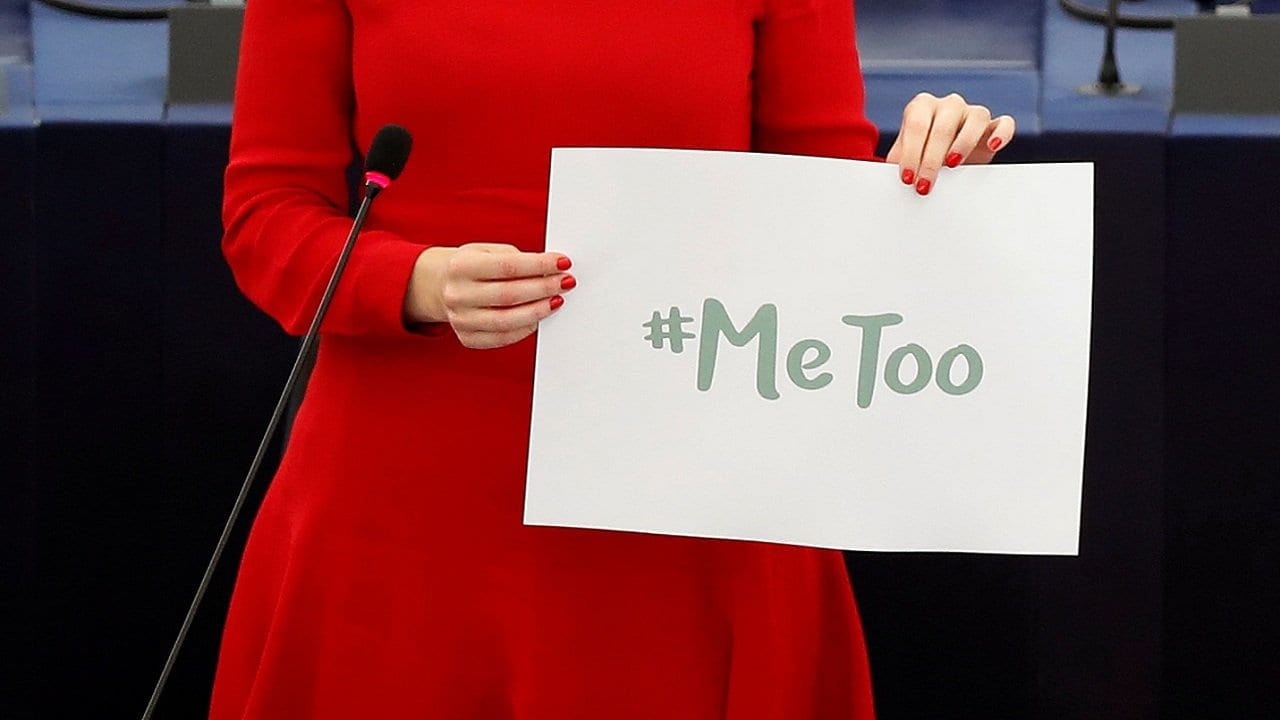The Delhi HC recently passed an interim order to restrain news portal, The Quint, from publishing two articles against the plaintiff containing #MeToo allegations against the plaintiff. The court took cognisance of the plaintiff’s claim that, as a result of the prior publication of the articles on websites elsewhere, he had suffered mental trauma and agony. The HC passed an interim injunction against The Quint, noting that the ‘right to be forgotten’ and the ‘right to be left alone’ formed part of the plaintiff’s right to privacy and that the #MeToo campaign cannot turn into an unbridled sullying campaign. The Delhi HC order gives rise to a number of legal issues, namely, whether India recognises a right to be forgotten and the limits of such a right in sexual harassment cases.
Right to be forgotten
The ‘Right to be Forgotten’ was established in a 2014 judgment by the Court of Justice of the European Union (CJEU), namely, Google Spain v. AEPD and Mario Costeja Gonzalez. In this case, the CJEU ruled that search engines were data controllers under the Data Protection Directive, 1995. The implication of this ruling was that a search engine was obliged to erase or block the data pertaining to an individual on the individual’s request. The grounds for such a request include incomplete or inaccurate nature of data or data which was excessive to the purpose for which it was originally collected. One of the objectives behind the Directive is to protect the right to privacy of individuals with respect to the processing of personal data. While the Directive itself was enacted in 1995, the Google Spain case extended a data controller’s obligations under the directive to search engines and formally recognised that an individual has a right to be forgotten. [caption id=“attachment_6846781” align=“alignnone” width=“1024”]  Image: Reuters[/caption] In February 2018, Google reported that it had received 6,50,000 requests to remove certain websites from its search results since the 2014 CJEU ruling. In July 2018, a Dutch surgeon won a ‘right to be forgotten’ case against Google to remove a website which listed her as a blacklisted healthcare professional. The surgeon argued that her original suspension of registration (on the register of healthcare professionals) by a disciplinary panel had been changed to a conditional suspension under which she could continue to practice. The Court of Amsterdam ruled that the surgeon’s interest in her name not being mentioned in search results as a blacklisted doctor trumped the public’s interest in finding such information through search results. This was the first right to be forgotten case involving medical negligence by a doctor. In April 2018, the High Court of Justice in England ruled against the plaintiff, NT1, who had brought a right to be forgotten case against Google. NT1 had sought a de-indexing of two news articles and one book extract which mentioned that NT1 had been found of guilty of conspiracy to account falsely in the 1990s. NT1 had advanced public policy arguments that erasure of criminal past from Google’s search results was important to achieve rehabilitation of criminal offenders. The High Court dismissed NT1’s claim on the ground that information about the business crime committed by NT1 was public in its nature and NT1 could not have any reasonable expectation of privacy related to it. NT1 was also found to have misled the court. NT1 appealed against the High Court decision and before the appeal hearing, Google settled the lawsuit out of court. Interestingly, in a similar claim brought by plaintiff, NT2, the same High Court ruled in favour of the plaintiff. In this case, NT2 had been convicted over business practices which adversely affected the environment. The court ruled that the search results relating to NT2’s criminal conviction were not “out of date” and “irrelevant”, and was not of any sufficient legitimate interest to Google search users. The court went on to say that NT2 had expressed genuine remorse for his crime in the past, and ordered delisting by Google on the basis that NT2’s prior conviction was unrelated to the current business activities of NT2. The Google Spain case itself had been brought by a Spanish man, Mario Costeja González, who wanted Google to remove search results which mentioned his social security debts in 1998. The 1995 Directive has been replaced by the EU General Data Protection Regulation (GDPR). Article 5 of the GDPR requires data controllers to take every reasonable step to ensure that data which is inaccurate is “erased or rectified without delay”. Under Article 17 of the GDPR, data subjects have the right to erasure of their data by the data controller without undue delay. Various grounds to exercise the right to erasure have been specified in Article 17, which includes cases where the data is no longer relevant for the purposes for which it is collected/processed.
Right to be forgotten in cases involving public interest
The 1995 Directive and the GDPR contain important exceptions to an individual’s right to protect their personal data. Under Article 85 of the GDPR, EU member states must provide exceptions in their national laws to balance an individual’s right to protect their personal data with the right to freedom of expression and information. This includes exceptions for journalistic purposes and the purposes of academic, artistic or literary expression. Article 9 of the 1995 Directive contained a similar exception. In the Google Spain case, the CJEU ruled that a right to be forgotten applied unless there was a public interest in the data being made available by the data controller. Public interest or the ‘right of the public to know’ will triumph over an individual’s right to privacy in cases where the individual concerned is a public figure. In NT1 and NT2, Google claimed journalistic exemption from the application of the right to erasure, arguing that it was making journalistic content available in its search results. This claim was dismissed by the High Court.
Right to be forgotten in India
At present, the right to be forgotten is not well-established in India. In 2017, two separate Indian High Courts gave contrasting judgments on this issue. In the first case before the Gujarat HC, the petitioner sought restraint on the online publication of an unreportable judgment in a case where the petitioner had been acquitted of culpable homicide amounting to murder. The Gujarat HC dismissed the petition as the petitioner failed to show any legal basis for his claim and could not prove that his right to life and personal liberty had been violated because of the online publication. In the second case, the Karnataka HC allowed the petitioner to have her name redacted from the cause title and the body of a court order. The Karnataka HC relied on the jurisprudence in other jurisdictions and based its order on protecting the modesty and reputation of a woman. [caption id=“attachment_6846801” align=“alignnone” width=“1280”]  Image: REUTERS/Christian Hartmann - RC18C2660170[/caption] Section 27 of the draft Personal Data Protection Bill, 2018 (PDPB) contains the right to be forgotten. Under Section 27, a data principal (an individual) has the right to prevent continuing disclosure of personal data by a data fiduciary. The grounds for exercising this right include cases where the disclosure of the personal data has served the purpose for which it was made or is no longer necessary; this determination has to first be made by an Adjudicating Officer. The Adjudicating Officer also has to be satisfied that the right to be forgotten overrides the right to freedom of speech and expression, and the right to information of any citizen.
Right to be forgotten in the age of #MeToo
In serious crimes such as sexual harassment, the public’s interest in having information about an accused/perpetrator is much stronger than the individual’s right to privacy. In the case against The Quint, the plaintiff was the managing director of a media house. The courts should be especially wary of allowing a right to be forgotten to take precedence over public interest if the plaintiff was a public figure. The cases in the EU were filed to delist search results by search engines, with the original websites hosting the content remaining intact. The right to be forgotten case against The Quint sought to restrain it from publishing the articles. This goes beyond a mere right to forget and seriously threatens freedom of speech and expression. Secondly, an article published by a newspaper which contains #MeToo accusations should be protected under a journalistic exemption. Section 47 of the PDPB states that certain provisions of the PDPB (including Section 27) will not apply if the processing of personal data is necessary for journalistic purposes. If the PDPB comes into force in its present form, The Quint will have a sound legal basis to contest the Delhi HC order. Thirdly, it is in public interest that news containing sexual harassment allegations is not expunged from the internet. If there is a gross error in reporting by the media, then the accused should take recourse under defamation law instead of through right to be forgotten claims. The writer holds an LLM degree from the University of Cambridge. Views expressed are personal.


)

)
)
)
)
)
)
)
)



